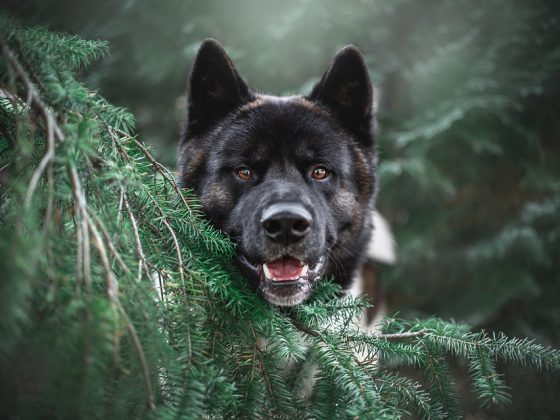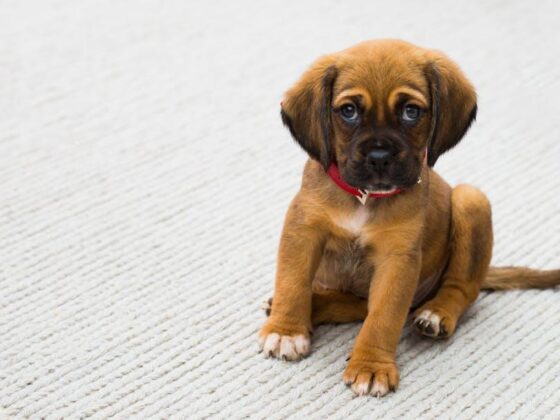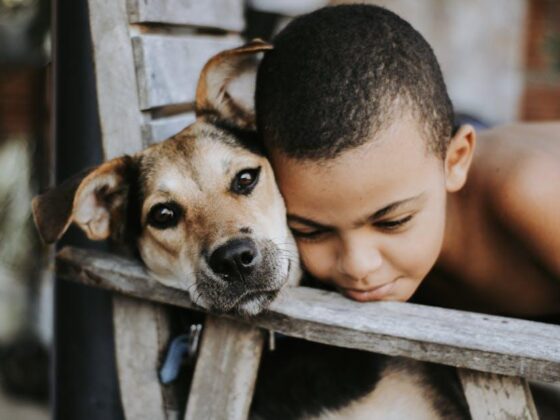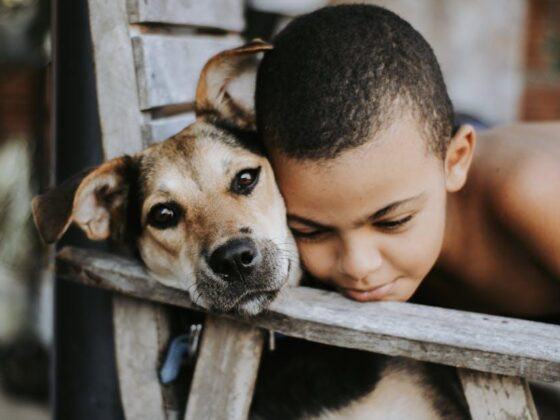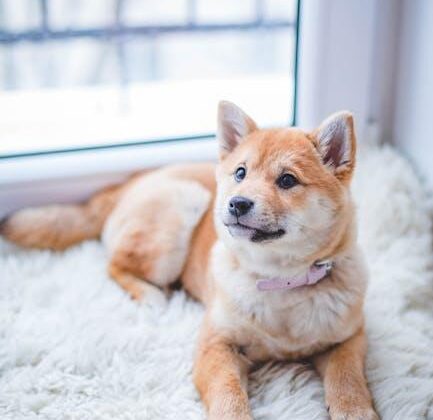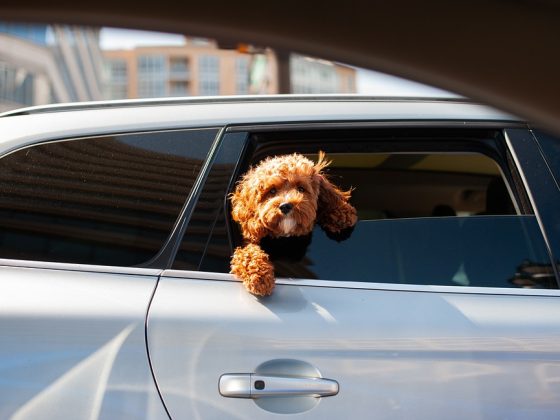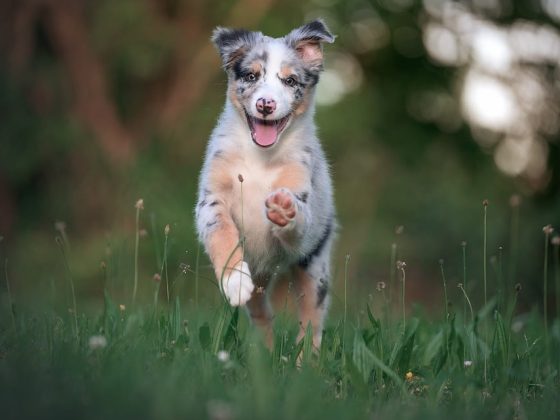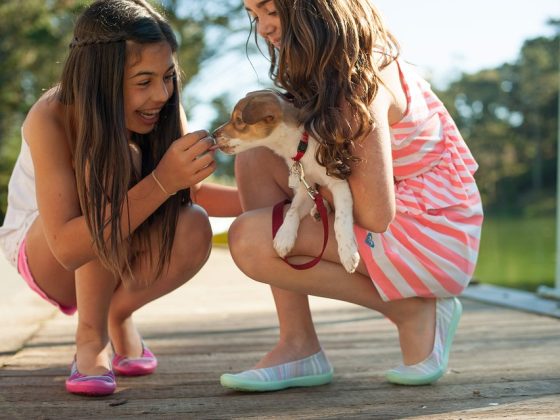Puppy Training 101: Essential Tips for Success
Bringing a new puppy into your home can be an exciting and rewarding experience. However, it also comes with its own set of challenges, especially when it comes to training your new furry friend. Puppy training is essential for ensuring that your puppy grows up to be a well-behaved and obedient dog. With the right techniques and consistency, you can set your puppy up for success from the very beginning.
Here are some essential tips for puppy training success:
Start Early: The best time to start training your puppy is as soon as you bring them home. Puppies are like sponges and can quickly learn new behaviors and commands. By starting training early, you can establish good habits and prevent bad behaviors from developing.
Use Positive Reinforcement: Positive reinforcement is the key to successful puppy training. Rewarding your puppy with treats, praise, and affection when they exhibit desired behaviors will encourage them to continue behaving in that way. Avoid using punishment or harsh training methods, as these can lead to fear and aggression in your puppy.
Be Consistent: Consistency is crucial when it comes to puppy training. Make sure everyone in your household is on the same page and uses the same commands and techniques. This will prevent confusion for your puppy and help them learn more quickly.
Set Clear Boundaries: Establishing boundaries for your puppy is important for their safety and well-being. Make sure your puppy knows where they are allowed to go in the house, what items are off-limits, and what behaviors are unacceptable. Consistency is key when enforcing these boundaries.
Socialize Your Puppy: Socialization is an important aspect of puppy training. Exposing your puppy to new people, animals, and environments will help them become more confident and well-adjusted. Make sure to introduce your puppy to a variety of experiences in a positive and controlled way.
Be Patient: Training a puppy takes time and patience. Remember that your puppy is still learning and may make mistakes along the way. Stay calm and positive, and celebrate small successes as your puppy progresses in their training.
FAQs:
Q: How often should I train my puppy?
A: It's important to train your puppy regularly, but keep in mind that puppies have short attention spans. Short, frequent training sessions throughout the day are more effective than one long session. Aim for 5-10 minutes of training 2-3 times a day.
Q: What are some common puppy training mistakes to avoid?
A: Some common puppy training mistakes to avoid include inconsistent training, using punishment instead of positive reinforcement, and failing to socialize your puppy. Make sure to set clear boundaries and stick to them, and always use positive reinforcement to encourage good behavior.
Q: How can I house train my puppy?
A: House training is a crucial aspect of puppy training. Start by establishing a regular feeding and bathroom schedule for your puppy. Take them outside frequently, especially after eating, drinking, or waking up from a nap. Praise and reward your puppy when they go potty outside, and clean up accidents inside without scolding your puppy.
Q: When should I start obedience training with my puppy?
A: Obedience training can start as early as 8 weeks old. Start with basic commands such as sit, stay, come, and down. Gradually introduce new commands as your puppy progresses in their training. Enroll in a puppy training class or work with a professional trainer for more advanced obedience training.
In conclusion, puppy training is an essential part of raising a well-behaved and obedient dog. By starting early, using positive reinforcement, being consistent, setting clear boundaries, socializing your puppy, and being patient, you can set your puppy up for success in their training. Remember to avoid common training mistakes and seek professional help if needed. With time and effort, your puppy will grow into a well-adjusted and happy companion.



